Do Not Expect Everyone In Irvine to Be Wealthy
With Irvine having a reputation for being a “wealthy” community, it is easy for students to assume their peers around them have the same affluence. These generalizations can make it harder for students to share out their financial struggles and make them feel left out.
March 3, 2020
Irvine’s reputation for being an affluent city is supported with statistics, including a median household income of $93,823, a high school graduate percentage of 96.6% and a college graduate percentage of 68%, according to the City of Irvine.
Although these numbers make it understandable for generalizations to form, other students who do not experience the same wealthy environment not only tend to feel discomfort from these stereotypes, but also face disbenefits.
Not fully recognizing the possibility of other students that might not have the same “wealthy experience,” students also often use the stereotype to joke with peers.
“Especially being in the Asian demographic, a lot of people joke around like, ‘Oh you’re so rich; you can afford anything; you can afford all those luxury brands,’” sophomore Garrett Lee said. “But in reality not a lot of people can afford those things, especially when you have a single parent or you’re living in an apartment or condo. So it’s kind of harsh that we’re put into that demographic as well.”
Senior Yunseong Jung is also a student who has heard many jokes among his friends, and although he understands that the majority of Irvine are on the upper-middle class spectrum, he said he believes students should restrain from naturally assuming every Irvine resident has a wealthy experience.
“I’ve most heard, ‘If you are living in Irvine, there’s no way that you are poor. You are at least middle class,’ which definitely is not true looking at myself,” Jung said. “Sometimes the jokes have been as if my economic stance is not really true. They don’t believe my economic situation just because I’m living in Irvine, so those kinds of stuff are a little bit disturbing.”
Because the Irvine median household income surmounts the U.S. median household income of $48,516, according to the U.S. Bureau of Labor Statistics as of February 2020, many assume the “median” value is representative of all community members.
They don’t believe my economic situation just because I’m living in Irvine, so those kinds of stuff are a little bit disturbing.
— Yunseong Jeong
Because of this generalization, students not reflective of the stereotype may feel harder to share out their financial struggles and their involvement in QuestBridge due to the feeling that they might be the only one. QuestBridge is a program that “aims to increase the percentage of talented low-income students attending the nation’s best colleges and to support them to achieve success in their careers and communities,” according to their website.
“I’ve heard from a lot of counselors and other friends that if you’re living in Irvine, you are less likely to get in [QuestBridge] just because you are living in Irvine and people in Irvine are quote unquote, ‘rich,’” Jung said.
It is an obvious circumstance that students will have varying backgrounds especially in areas with larger populations. However, students tend to overlook the possibility of nearby individuals with a different background than themselves.
Students need to develop a consciousness about others around them and consider what effects their speech can have on them, starting off with respecting their peers and not jokingly using assumptions. Scholarships and other financial-aid programs should also thoroughly review student’s individual backgrounds to ensure students in need of those services will have an equal opportunity as students in other less-affluent communities.



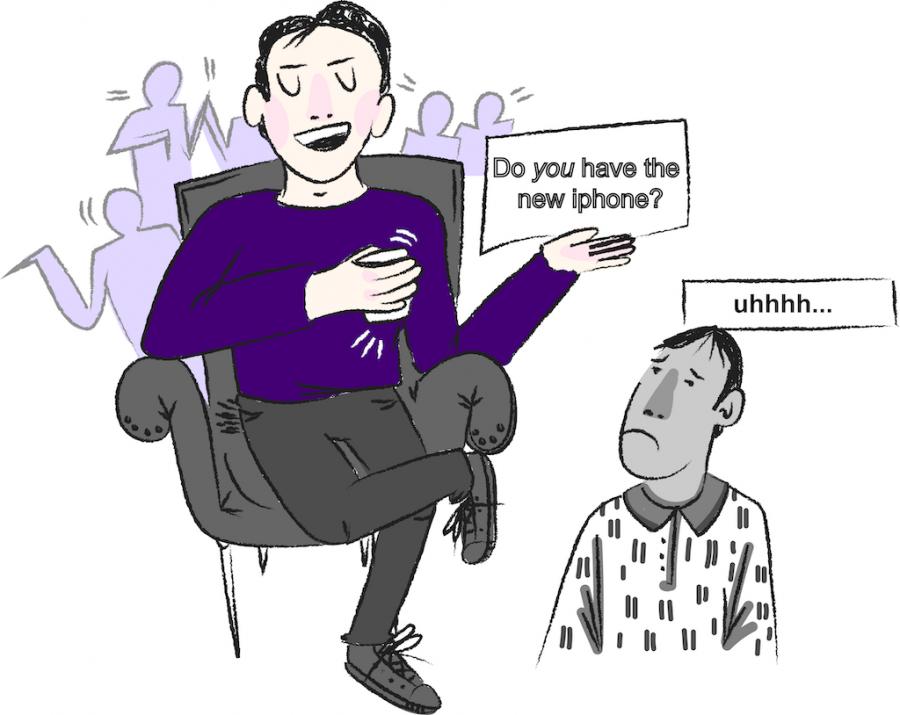
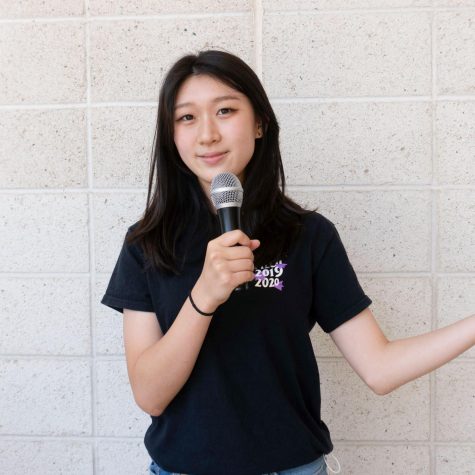

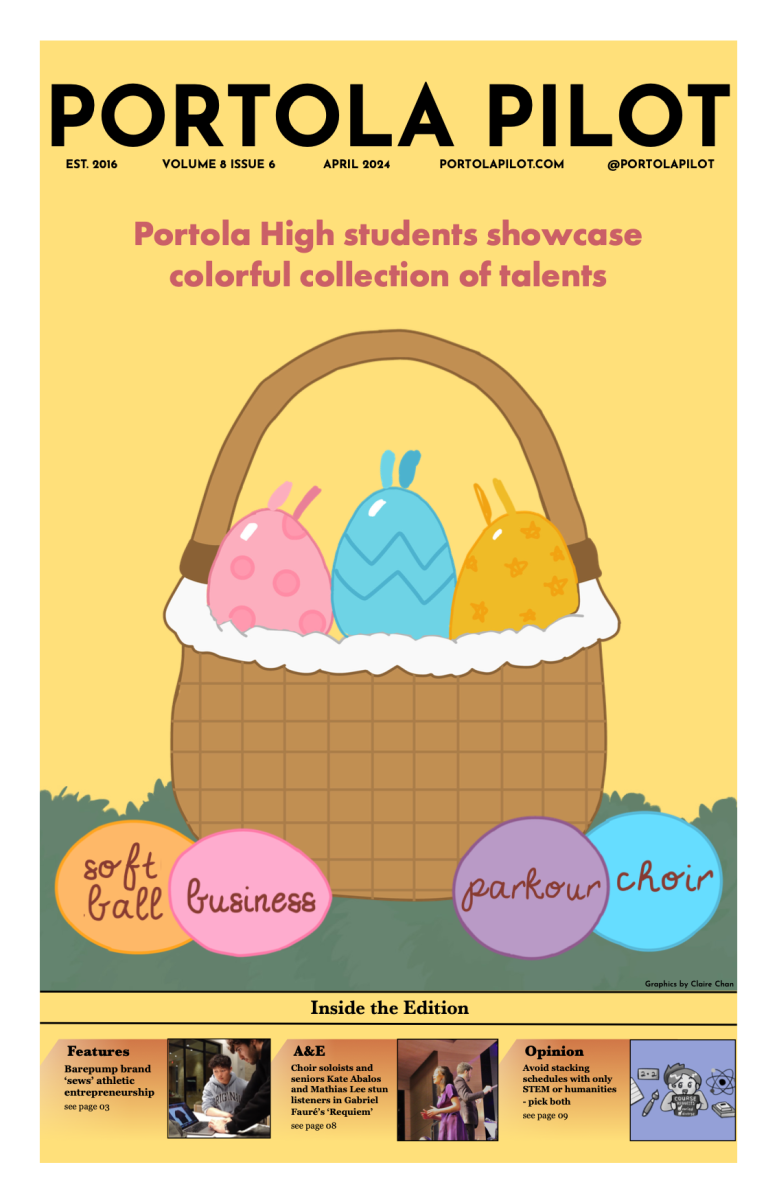
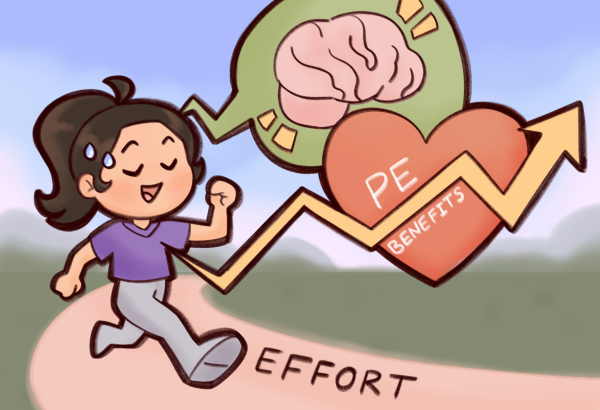



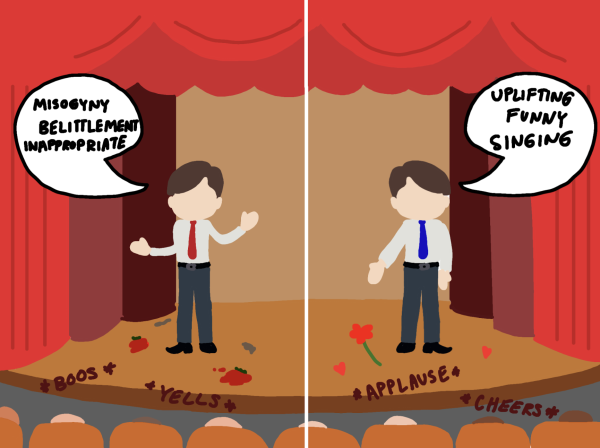
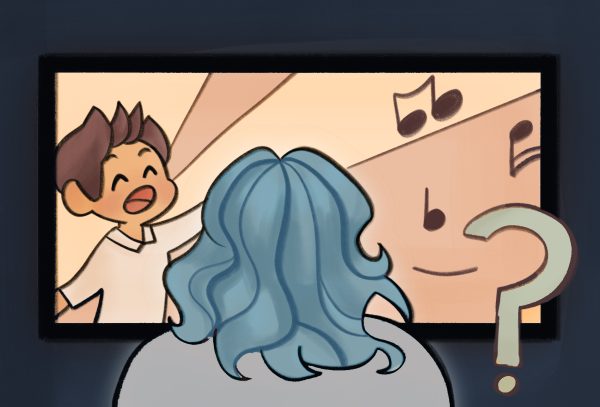

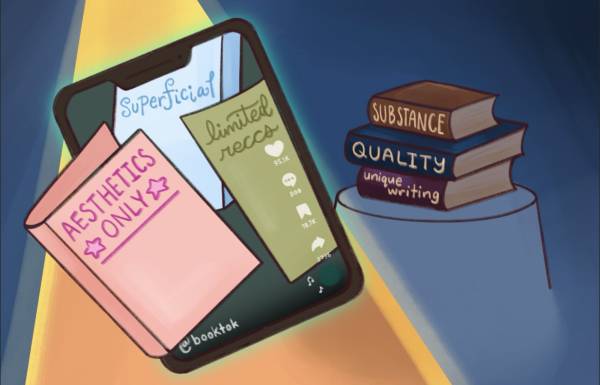
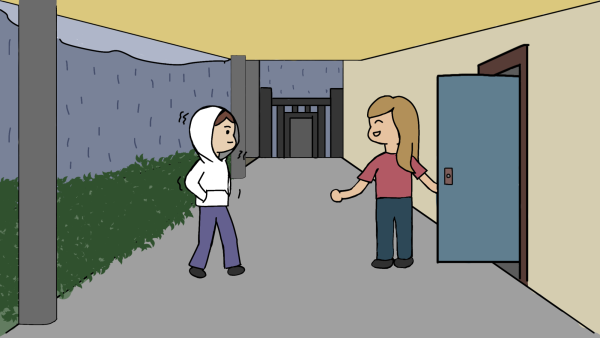
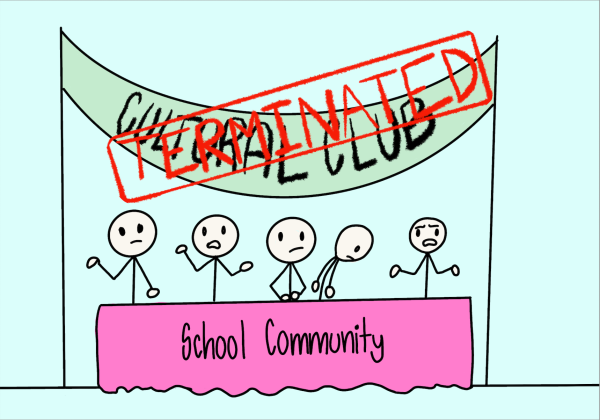

Jason Chen | Mar 17, 2020 at 9:50 am
This is one of the strongest and most relevant pieces that EVERYONE needs to read.